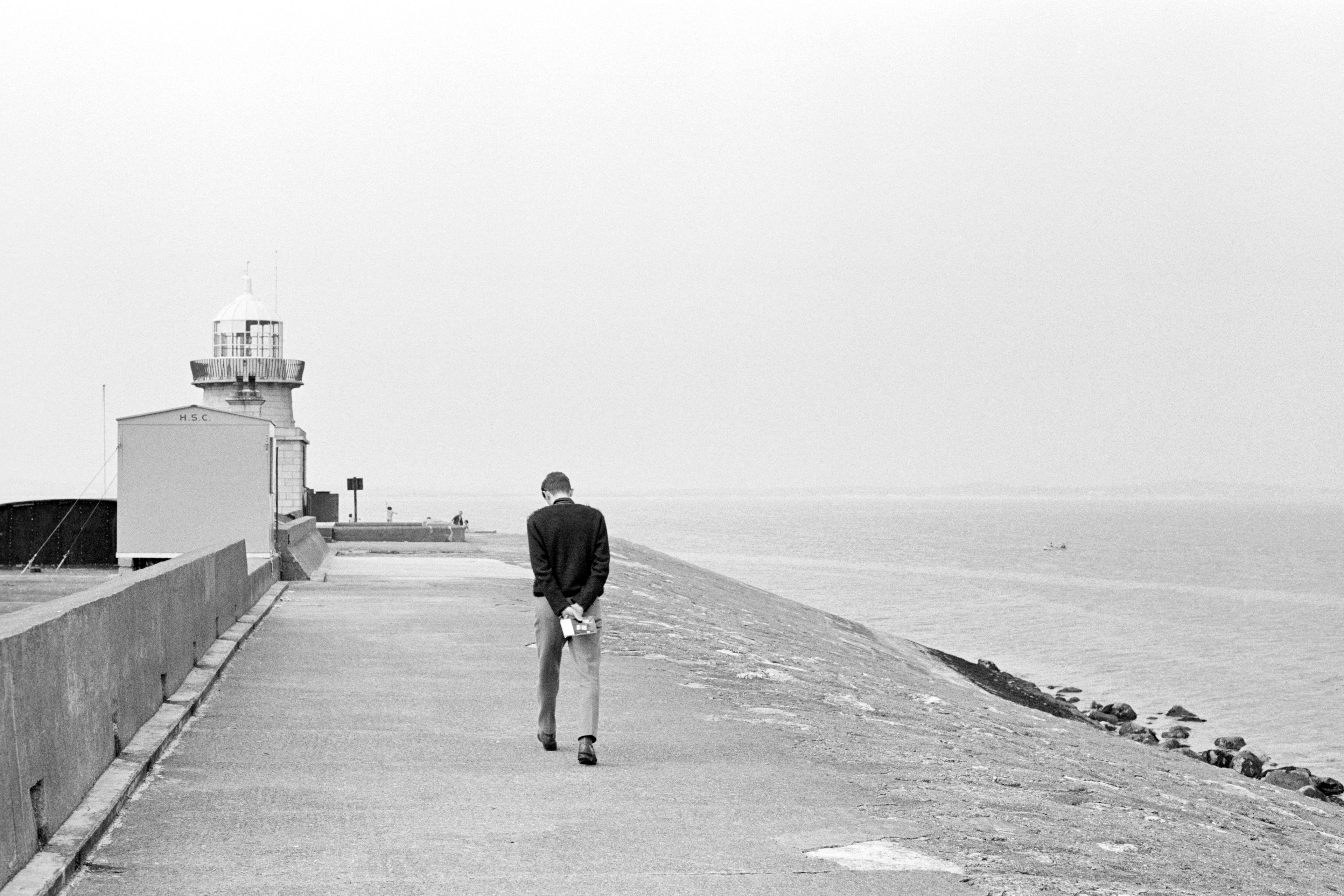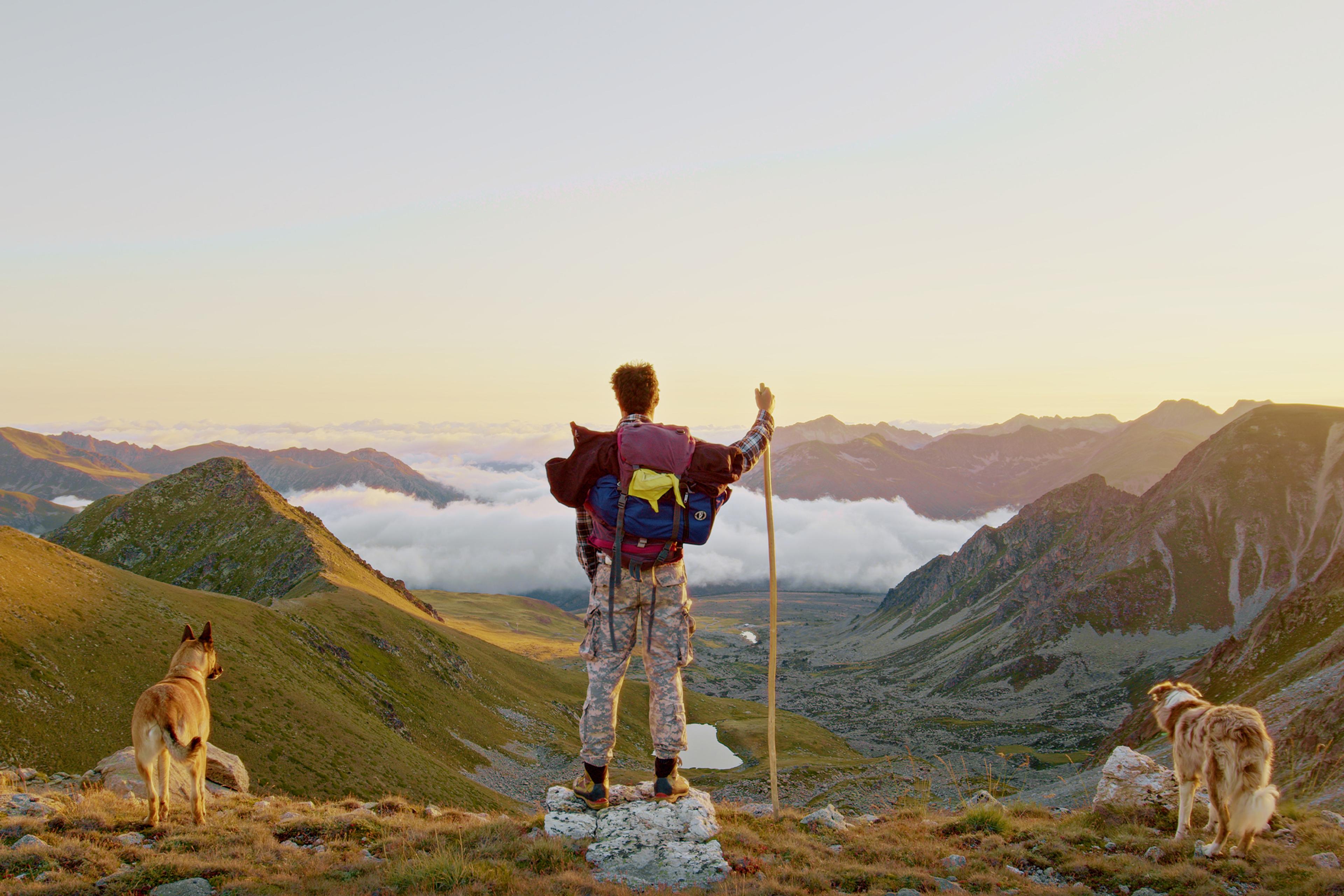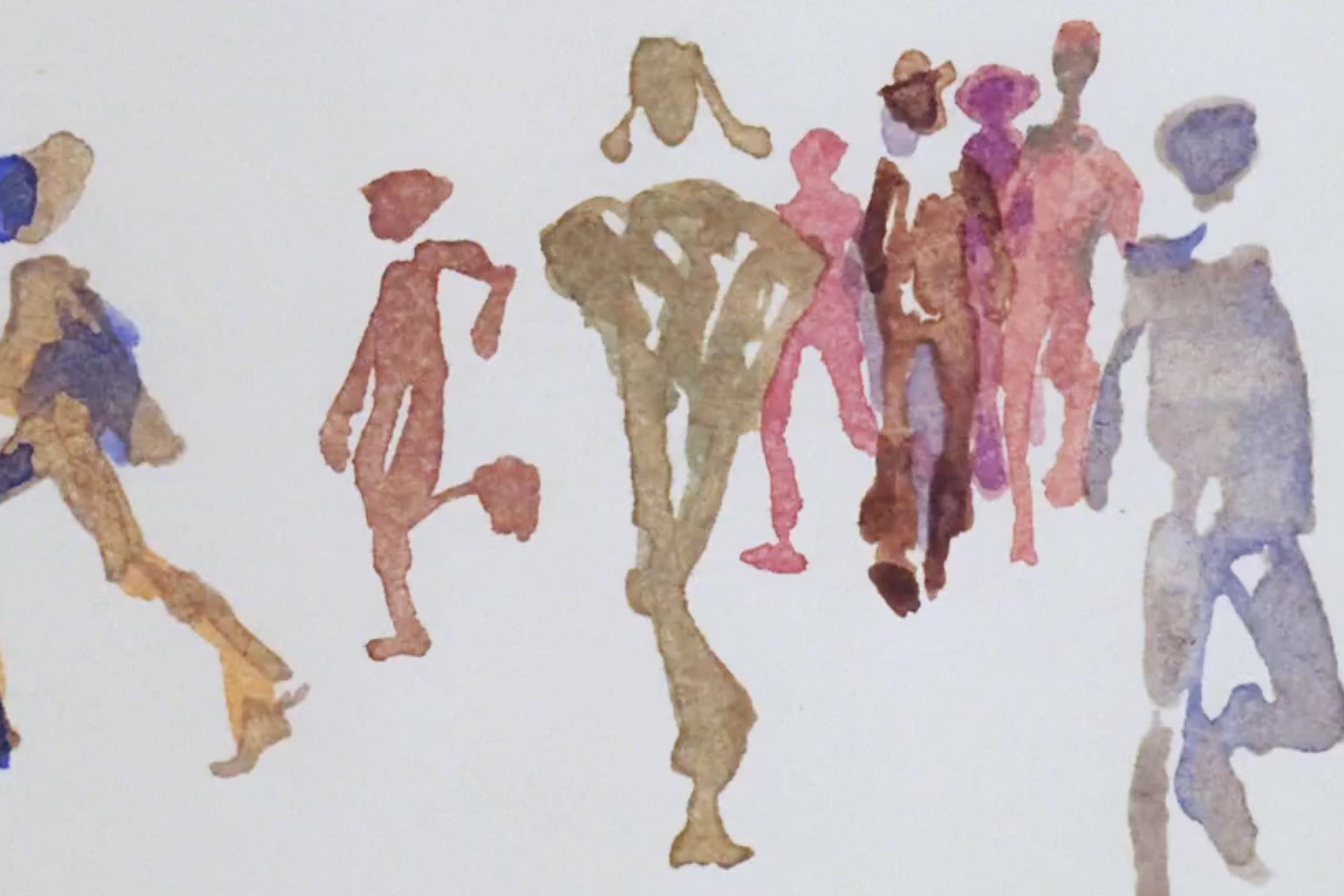How do you move through the world? With a plan and destination in mind, headphones or a car stereo drowning out the world, perhaps? In this short film, the filmmaker Mykhailo Bogdanov makes a compelling case for allowing oneself to wander as a means of tuning into the thoughts that percolate when goals and distractions are absent. He names the film Avoesis, a term the ecologist Liam Heneghan coined to describe a ‘form of quietness, one that is not precisely silence’. In his treatment, Bogdanov interweaves interviews with Heneghan and the Catholic priest and writer Edward Tverdek with scenes depicting Jesus’ 40 days spent wandering the desert, deepening the timeless and spiritual dimensions of the ideas at hand.

How to wander
Whether in a city or the wilderness, near or far, there’s joy to be had in a journey where the destination doesn’t matter
by Jordan Fisher Smith






